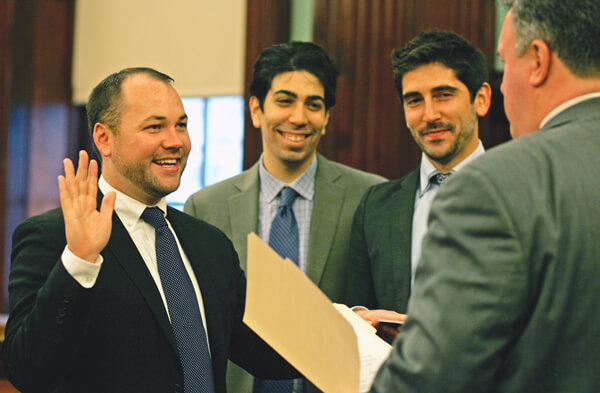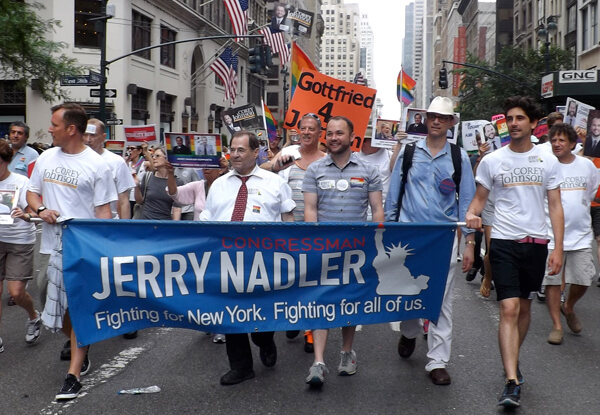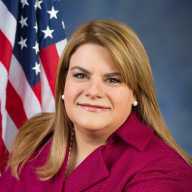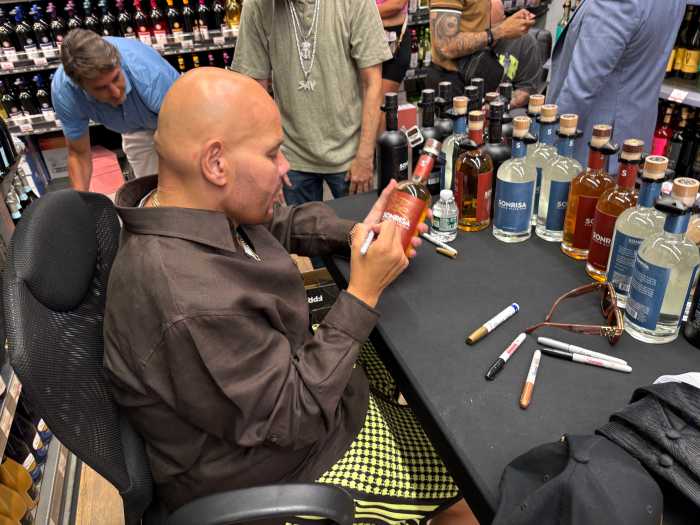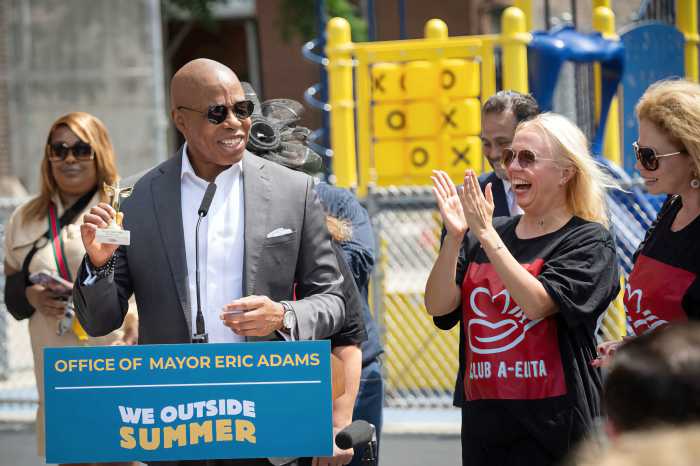Following a precedent set on January 25 by the State Appellate Division’s Albany-based Third Department, the Second Department, in Brooklyn, has dismissed a sperm donor’s attempt to establish legal parentage and win visitation rights with a child born to a married lesbian couple. The February 21 ruling from a four-judge panel was unanimous.
As in the earlier case, the sperm donor in this case, Joseph O. v. Danielle B. & Joynell B., was not seeking custody but wanted his biological parentage legally acknowledged as well as visitation rights with the child. Following the earlier ruling, and overruling Orange County Family Court Judge Victoria B. Campbell, the Second Department panel found that Joseph O.’s lawsuit was barred by a legal principal known as “equitable estoppel,” even though the parties did not comply with a provision of the New York Domestic Relations Law that would have created an “irrebuttable presumption” that the married couple, Danielle B. and Joynell B., are the child’s only legal parents.
That Domestic Relations Law provision was adopted years ago in response to the growing practice of donor insemination to ensure that when a married different-sex couple has a child using donated sperm there will be no question that the mother’s husband is the child’s parent. Under the provision, when the insemination is carried out by “a person duly authorized to practice medicine,” there is an “irrebuttable presumption of legitimacy” of the child that bars the sperm donor from any attempt to establish legal parentage or seek custody or visitation.
Brooklyn appeals panel bars sperm donor’s efforts to win parental recognition
Unfortunately, the Legislature has not revised the statute to reflect the existence of same-sex marriages and the ease of carrying out the procedure at home without professional assistance. Danielle and Joynell married in Connecticut in 2009 and used the Internet to find Joseph, a sperm donor who agreed in writing that he would have no parental rights or responsibilities.
The child, a girl, was born in April 2012. According to the mothers, they’ve had only sporadic contact with Joseph, who saw the child a few times each year since her birth, including some birthdays, but who was not treated as a father by either the women or their daughter. The child’s birth certificate listed the two women as parents.
Claiming that he wished to assure that he would have a continued right to visit with the child, Joseph filed suit in Orange County Family Court in September 2015, naming Danielle, the birth mother, as respondent. This lawsuit was dismissed on the ground that Joynelle should have been named as a “necessary” party, since she is also a legal parent of the child. Joseph filed a new lawsuit in June 2016, naming both mothers as respondents, and seeking two things: legal visitation rights and a declaration that he is the child’s father. Joseph claimed that he had an established relationship with the young girl and that it would be in her best interest for him to have visitation rights.
Danielle and Joynell moved to dismiss the case, claiming that both New York common law and the Domestic Relations Law provision governing donor insemination stood in the way of Joseph’s claims. They also raised the equitable estoppel argument, claiming Joseph had no meaningful relationship with the child and, in any event, waited too long to assert parental rights — more than three years after her birth.
Judge Campbell appointed an attorney, Kelley M. Enderley of Poughkeepsie, to represent the child’s interest. Enderley sided with the mothers, affirming that “the child recognized only” them as parents.
Campbell, however, denied the women’s move to dismiss, finding, based on Joseph’s allegations of biological parenthood, that the burden was on the mothers to show it was not in the child’s best interest to have a paternity test ordered to confirm he is her biological father. The judge reasoned that by allowing Joseph to have contact with the child over the time since her birth, the mothers had lost entitlement to the “presumption of legitimacy” of the child, and also that the question of equitable estoppel required a trial.
The Appellate Division found these rulings to be erroneous. Although the parties had not complied with the donor insemination statute, the court followed the earlier Third Department decision holding that the law was “not intended to be the exclusive means to establish the parentage of a child born through artificial insemination.” More importantly, the court reaffirmed the emerging consensus among New York courts that married lesbian couples who have children through donor insemination are entitled to enjoy the presumption — codified elsewhere in the state’s Domestic Relations Law and in the Family Court Act — that the child is the legitimate child of the birth mother and her wife.
That presumption is not irrebuttable, the appeals panel found, but an attempt by the sperm donor to rebut is blocked under the equitable estoppel doctrine to “preserve that status of legitimacy for the child” to “protect a child’s established relationship with another who has assumed the parental role” — here, Joynell, the wife of the child’s birth mother.
On the question of equitable estoppel, the facts clearly supported dismissal of Joseph’s case. He agreed when he donated his sperm that he would not seek any parental rights, he was not named on the birth certificate, and although he was certainly aware of the child’s birth, he did nothing to assert his legal claim for more than three years.
“During that time,” wrote the court, “the child has lived with and been cared for exclusively by the respondents, each of whom has developed a loving parental relationship with her.”
By contrast, although Joseph had occasional contact, he can’t claim to have developed a parental relationship with the child, and he “acknowledges that he does not actually seek a parental role” — he is only interested in making sure that he has a legal right to continue seeing the child in case her mothers decide to deny him access.
“It would be unjust and inequitable to disrupt the child’s close parental relationship with each of the respondents and permit the petitioner to take a parental role when he has knowingly acquiesced in the development of a close relationship between the child and another parent figure,” the appeals panel concluded.
Justices Reinaldo E. Rivera, L. Priscilla Hall, Betsy Barros, and Valerie Brathwaite Nelson made up the appellate panel.
The mothers are represented by Yetta G. Kurland and Erica T. Kagan of the Kurland Group and the LGBT Bar Association of Greater New York through its legal director, Brett Figlewski.
The American Academy of Assisted Reproductive Technology Attorneys filed an amicus brief written by attorneys from Seyfarth Shaw LLP and Rumbold & Seidelman, LLP. Joseph O. is represented by Paul N. Weber of Cornwall, New York.

